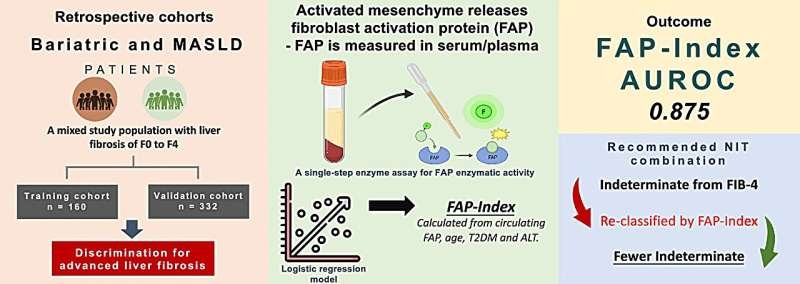Blood Test Predicts Prostate Cancer in Chemotherapy Recipients
By LabMedica International staff writers
Posted on 05 Jan 2011
A simple blood test can help predict whether men taking a drug to shrink their prostate will progress to an aggressive form of prostate cancer. Posted on 05 Jan 2011
The presence of prostate specific antigen (PSA) in the blood is a screening test for prostate cancer and although sometimes when elevated can indicate cancer, where none is present and miss life threatening tumors.
Investigators at Washington University School of Medicine (St. Louis, MO, USA), studied 8,231 men ages 50-75 who were randomly assigned to receive a placebo or a daily 0.5 mg dose of the prostate shrinking drug of dutasteride. The men had elevated PSA levels of 2.5 ng/mL to 10 ng/mL, but no evidence of cancer on biopsies performed within six months of enrolling in the trial. The scientists were testing the performance of the PSA test as a marker for prostate cancer, particularly for aggressive cancer. Among men taking dutasteride, the investigators found that any subsequent rise in PSA levels over the course of the study was more likely to be linked to aggressive, high-grade tumors (Gleason score 7-10), compared to rising PSA levels in men on a placebo. The Gleason scoring system measures tumor aggressiveness based on biopsy results and can range from 2-10, with 10 being the most aggressive.
The data showed that over four years, the PSA levels increased in 72% of men taking a placebo and only 29% of men taking dutasteride,. However, there was no significant difference in high-grade tumors between the two groups. Men taking dutasteride were almost twice as likely to have aggressive prostate cancer if their PSA levels rose, compared to men whose PSA levels went up while taking a placebo. In men with any increase in PSA, aggressive, high-grade tumors were diagnosed in 13.2 % of those on dutasteride and 7.7% of those taking a placebo.
Even a slight rise in PSA levels was a more accurate predictor of aggressive tumors. Among men whose PSA levels increased one point or less 10.3% of those taking dutasteride had aggressive cancer, compared with 5.4% taking a placebo. That trend also held for larger increases in PSA levels. Among men whose PSA levels rose two points or more, nearly 20.9% of those taking dutasteride had aggressive cancer, compared with 9.8% taking a placebo. In contrast, PSA levels tended to decrease or remain stable in men taking dutasteride who had either low-grade tumors or no cancer at all.
Gerald Andriole, MD, chief of urological surgery at the school of medicine, said, "Men who are taking dutasteride can be confident that the drug does not weaken the ability of PSA to find cancer if it develops. Rather, the drug enhances the ability to find cancer if PSA levels are rising." The study was published online on November 12, 2010, in the Journal of Urology.
Related Links:
Washington University School of Medicine














